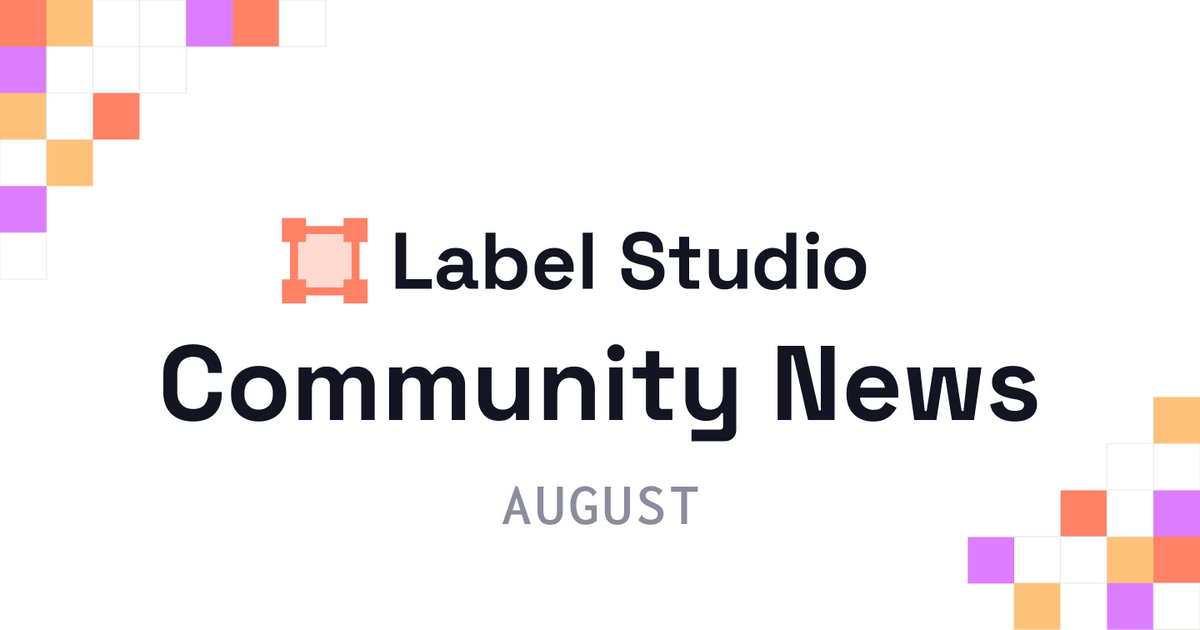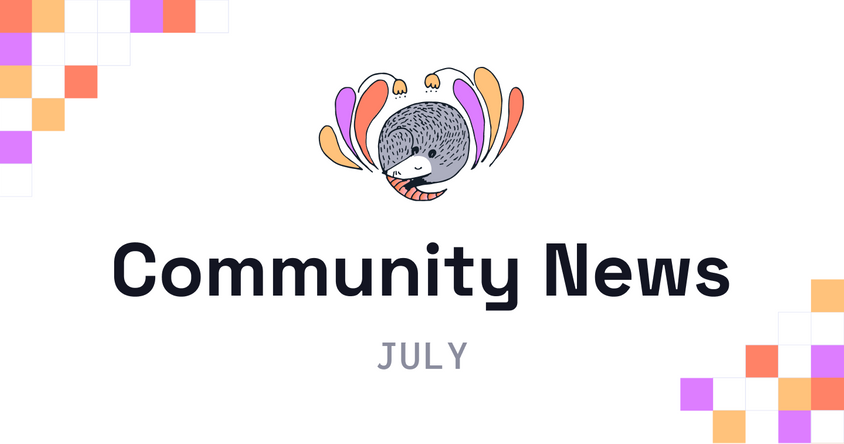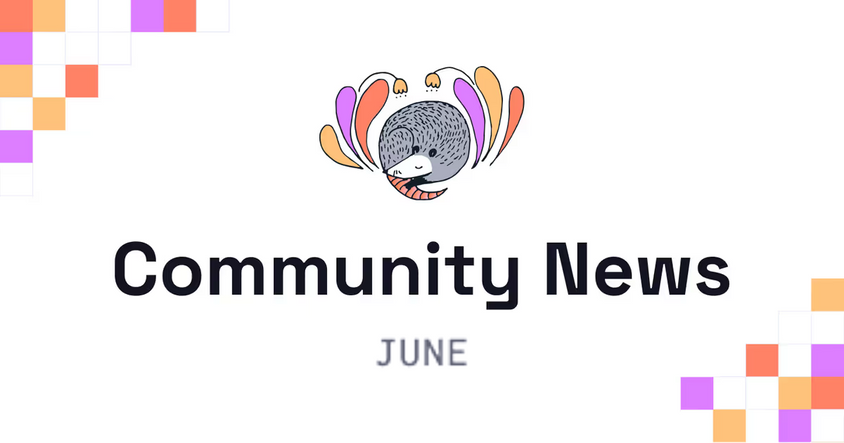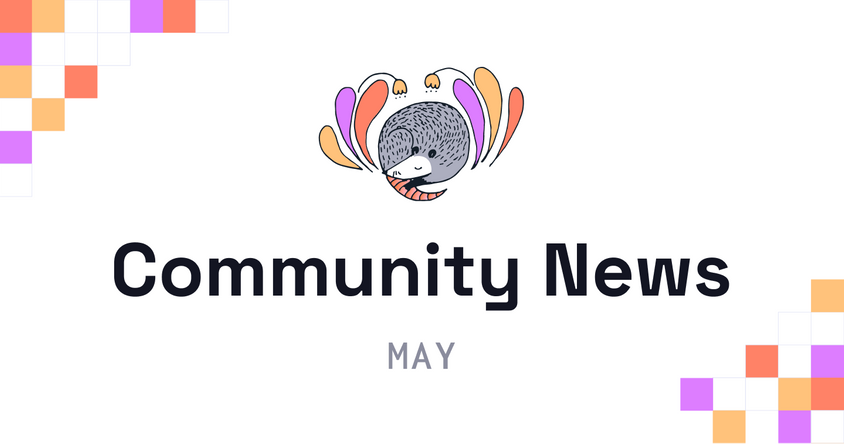August 2023 Community News!

⭐️ Announcing Label Studio 1.8.2 ⭐️
The Label Studio community is excited to announce the release of Label Studio 1.8.2. The latest release includes:
🔊 New Feature! Contextual Scrolling adds the ability to synchronize text transcription with audio, meaning text will automatically scroll as you play or navigate through audio and video files.
🦾 Improvements! The Machine Learning Backend includes a number of improvements that make your ML integrations faster and more reliable. Now it’s even easier to build your interactive pre-labeling and active learning pipelines.
⚠️ Security Update: We recommend updating to the latest version of Label Studio as soon as possible. Label Studio 1.8.2 includes a fix for a moderate security risk for identity provider callbacks.
Head over to GitHub for the latest release notes and full download.
🧩 Accelerate Labeling with Segment Anything
Object segmentation and identification is one of the most time-consuming annotation tasks, requiring careful attention to detail to accurately capture the outline of an object. The release of Meta’s Segment Anything Model (SAM) helped to change the object annotation landscape, encoding a general understanding of what objects are, and allowing for zero-shot generalization for object segmentation.
Learn how you can use Label Studio alongside Segment Anything to accelerate your image annotation workflow. The latest Segment Anything tutorial on the Label Studio blog guides you through the complete setup and use of the SAM Machine Learning Backend.
On Wednesday, September 6, The Label Studio team will also be hosting a free webinar on how to “Accelerate Your Image Annotation Workflow With Label Studio and Segment Anything.” Get hands-on help and expert advice on how to set up your own image annotation workflow.
Featured Integration: 🦜 LangChain
Are you looking for an easy way to incorporate Large Language Model (LLM) annotation and feedback into your ML pipeline? The new Label Studio/LangChain integration is here to help!
LangChain is a framework for developing applications powered by large language models (LLMs). It expands upon models, making them data-aware by connecting the model to other sources of data.
Label Studio integrates with LangChain through a new official callback plugin, making it possible to send both prompts and outputs to Label Studio for human feedback and evaluation.
You can get started with step-by-step instructions on how to build an expert Question/Answer bot in the article on the Label Studio Blog.
🌟 Celebrating 10k Slack Community Members! 🌟
Label Studio continues to be the most popular open source data annotation and labeling platform, with more than 14k stars on GitHub, and now,
A big thank-you to everyone who has participated in a Slack conversation, reported an issue on GitHub, submitted a patch to the code, or incorporated Label Studio into their annotation workflow. The community at heart of Label Studio is what makes it so special.
🪂 Annotations
🗺️ The Overture Maps Foundation just released its first datasets, comprised of over 59 million points of interest, 780 million building footprints, a comprehensive road network derived from Open Street Maps, and an open dataset of national and regional administrative boundaries. “Based on the premise that map data needs to be a shared asset,” the Overture Maps Foundation considers this a “significant step in establishing a comprehensive, market-grade open map dataset.” You can read more about the announcement on their blog.
🍎 Open mapping data can be applied to a number of different applications, as exemplified by the Falling Fruit project, which describes itself as “a massive, collaborative map of the urban harvest.” Its database includes more than 3,193 different types of edibles distributed over nearly 1.5 million locations. It’s a collaborative project, with edits open to the public, a downloadable database, and an open source code base.


